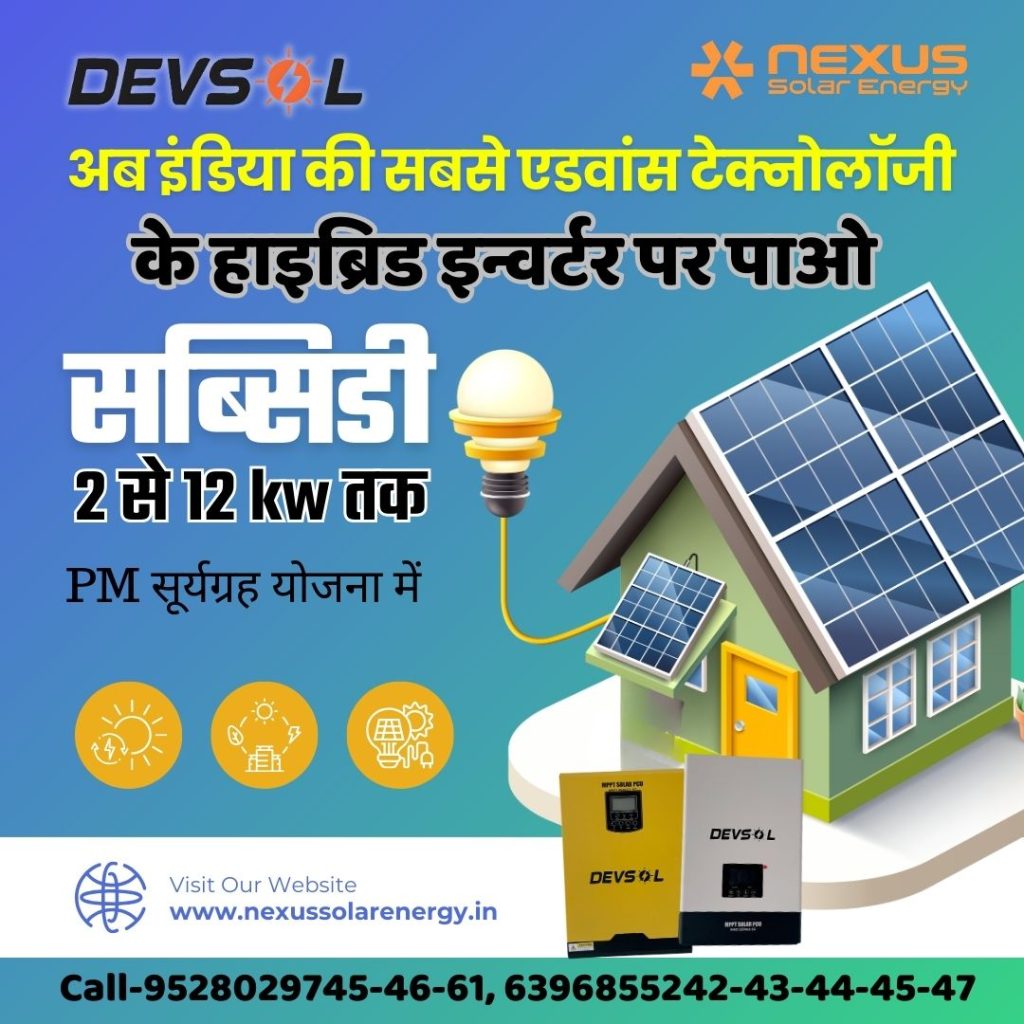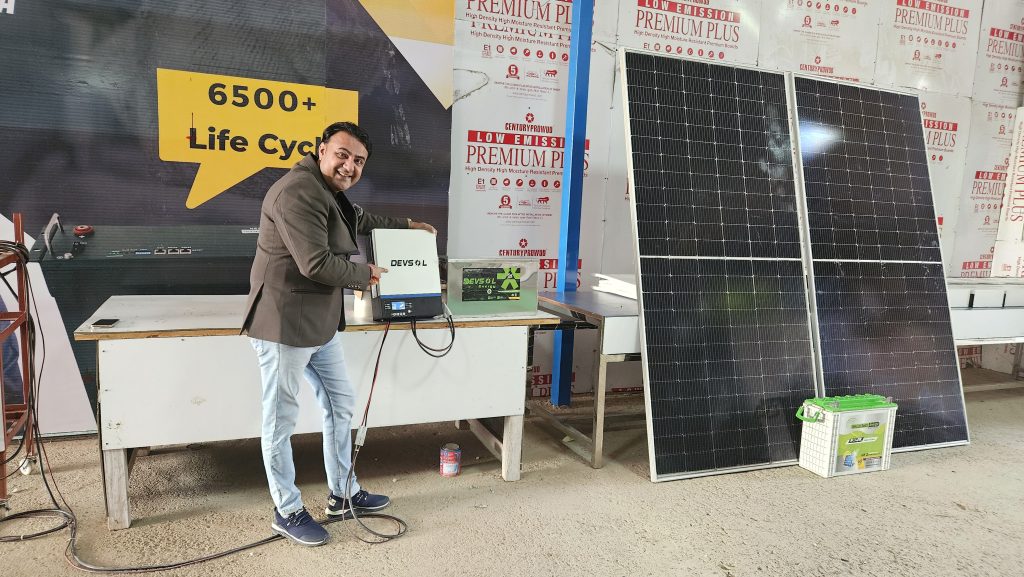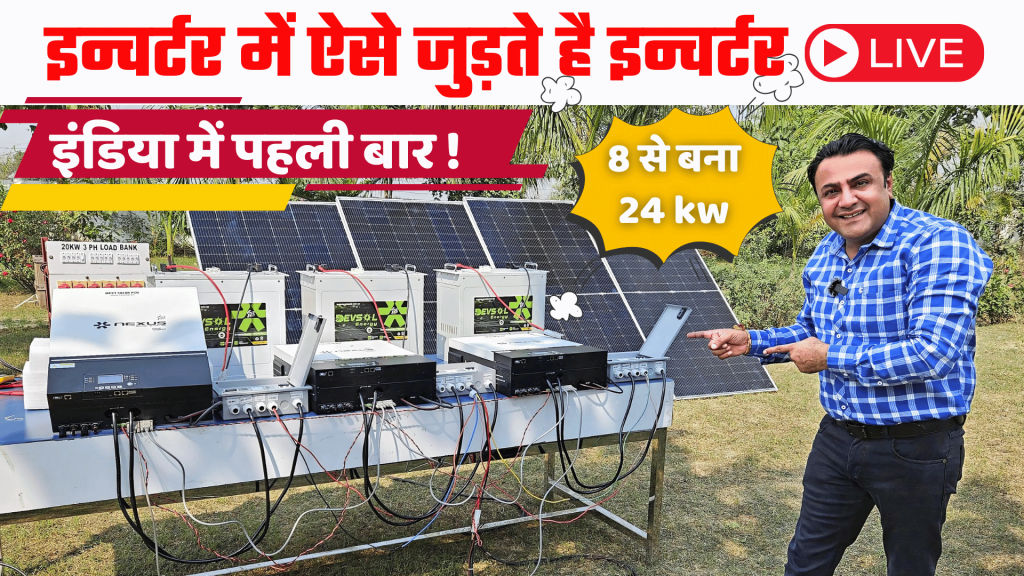The Ultimate Guide to Inverters: Everything You Need to Know
Inverters have become an essential part of modern homes and businesses, ensuring an uninterrupted power supply during outages. Whether you’re looking to buy an inverter for your home, office, or industrial use, understanding how they work and what to consider before purchasing one is crucial. This guide will walk you through everything you need to know about inverters.
What is an Inverter?
An inverter is an electrical device that converts direct current (DC) from a battery or solar panel into alternating current (AC), which powers most household appliances and industrial equipment. It acts as a backup power source, ensuring a continuous electricity supply during power failures.
Types of Inverters
There are several types of inverters available, each suited for different applications:
1. Pure Sine Wave Inverters
These inverters produce a smooth and consistent AC waveform, similar to grid power. They are ideal for sensitive electronics like computers, televisions, and medical equipment.
2. Modified Sine Wave Inverters
These generate a stepped approximation of a sine wave. They are more affordable but may not be suitable for devices that require a stable power supply, such as some medical equipment and certain appliances.
3. Square Wave Inverters
The most basic and least efficient type, square wave inverters are rarely used today due to their limited compatibility with appliances.
Key Features to Consider When Buying an Inverter
- Power Requirement: Determine the total wattage of the devices you intend to run on the inverter to choose the right capacity.
- Battery Compatibility: The inverter should be compatible with the battery type and capacity you plan to use.
- Efficiency: Look for an inverter with a high efficiency rating to minimize power loss.
- Waveform Type: Pure sine wave inverters are the best choice for smooth operation.
- Backup Duration: Consider the inverter’s ability to provide power for the required duration.
- Safety Features: Ensure the inverter has built-in protection against overload, short circuits, and overheating.
Benefits of Using an Inverter
- Uninterrupted Power Supply: Keeps essential appliances running during outages.
- Energy Efficiency: Modern inverters consume less power and reduce electricity bills.
- Eco-Friendly: Solar-powered inverters reduce reliance on fossil fuels.
- Long-Term Savings: Investing in a good inverter saves money on fuel-powered generators.
Maintenance Tips for Inverters
- Regularly check and clean battery terminals.
- Ensure proper ventilation to prevent overheating.
- Periodically inspect wiring and connections for wear and tear.
- Keep the inverter and battery in a dry and cool location.
Conclusion
Choosing the right inverter ensures a reliable backup power source and protects your appliances from damage. Whether for home, business, or industrial use, understanding the different types, features, and maintenance requirements will help you make an informed decision. Investing in a high-quality inverter is a smart choice for long-term power security.
If you’re considering purchasing an inverter, research different brands, compare features, and choose one that meets your power needs efficiently.



